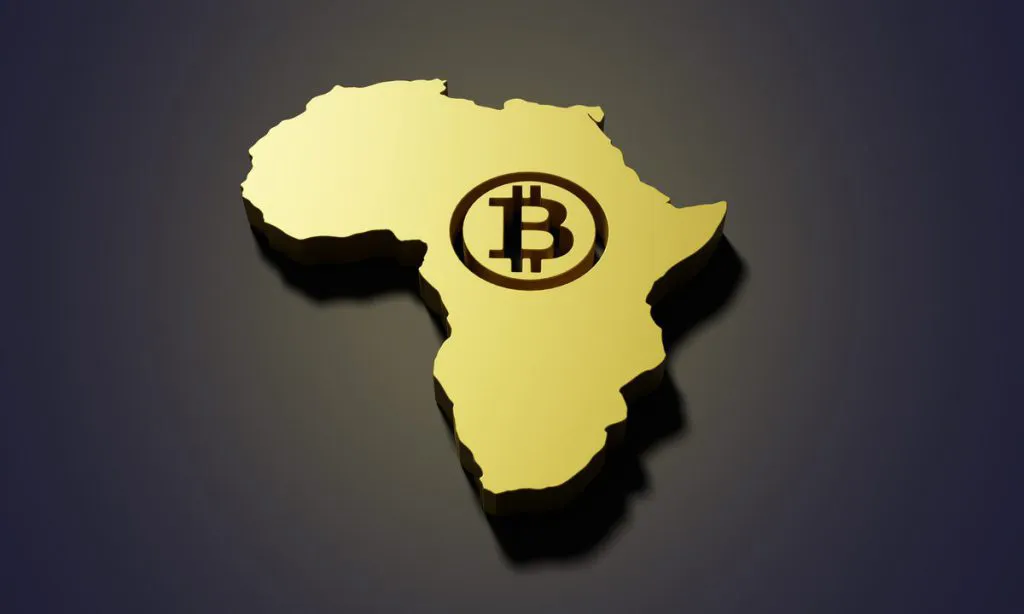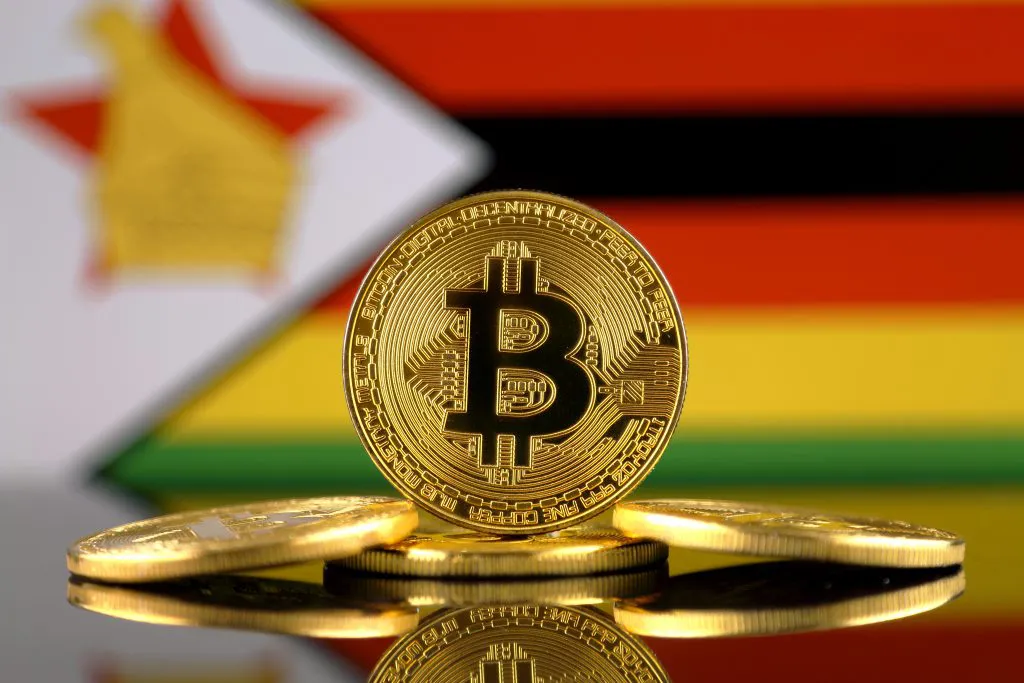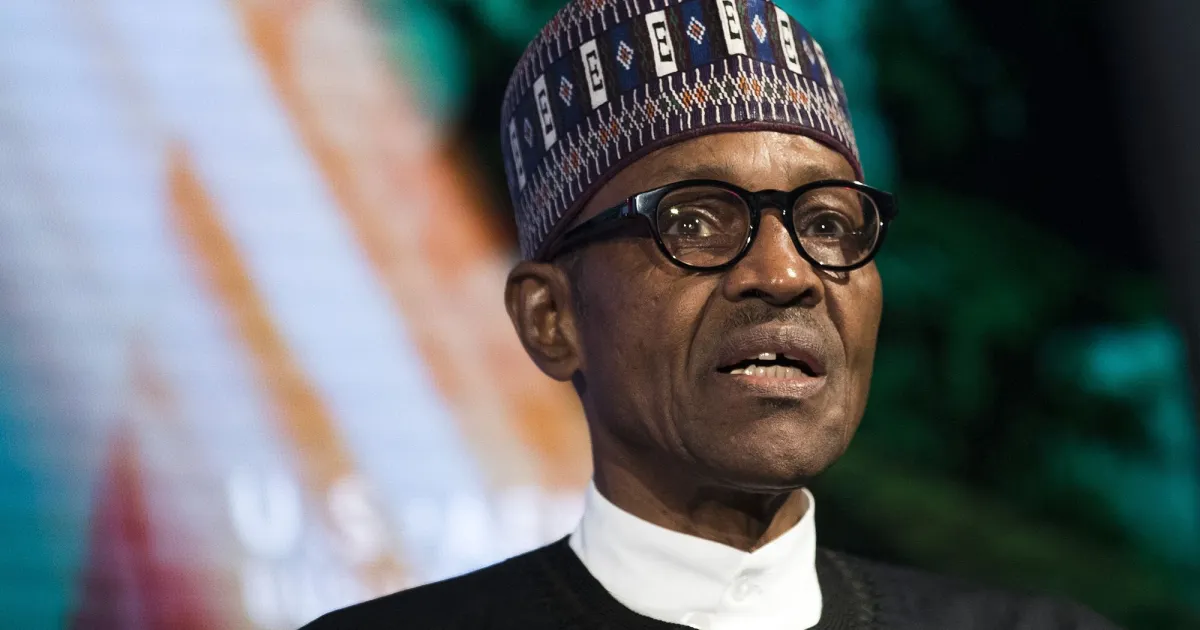Crypto adoption in Africa: Central African Republic, Nigeria
April 27th, 2022
Central African Republic makes Bitcoin legal tender
The Central African Republic (CAR) has formally approved Bitcoin as legal currency, making it the world's second country to do so after El Salvador.

President Faustin Archange Touadera signed a proposal into law that makes Bitcoin legal tender alongside the CFA franc and legalizes the use of crypto, according to his chief of staff, Obed Namsio.
Obed Namsio said, "The CAR is the first country in Africa to adopt bitcoin as legal tender. This move places the Central African Republic on the map of the world's boldest and most visionary countries."
Oliver Koblek afterward shared the official press release.
The world's second country to adopt BTC
El Salvador, for example, became the world's first country to adopt bitcoin on September 7, 2021.
People of the Central American country could use the digital currency, and the US dollar, which has been the nation's main currency for more than twenty years, to pay for any item or service using the 'Chivo' wallet app.
The adoption was met with fierce criticism from the International Monetary Fund (IMF).
ETH volatility
Meanwhile, a cryptocurrency community with 80% accuracy predicts Ethereum's price for May 31, 2022.
Although Ethereum (ETH) has been trading in the red for the past week, along with the rest of the cryptocurrency market, the crypto community is still hopeful about its price volatility by the end of May.
Despite Ethereum's recent price decline, the CoinMarketCap community predicts that the digital currency will trade at an average of $3,634 by the end of May 2022, based on 21,532 votes and an accuracy percentage of 80% in the past.
The community-estimated price represents a $770.80 (+26.92%) increase over the current value of the decentralized finance (DeFi) asset of $2,863.
At the same time, 13,640 community members voted for a somewhat lower objective for the end of June than for the end of May, predicting that ETH will trade at $3,260.93 on June 30, up $396.07 or 13.89% from its present price.
The crypto community has previously anticipated the month-end price of Ethereum with an accuracy record of 79.85% based on the success of previous estimates.
November 9th, 2021
Zimbabwe about to adopt Bitcoin as a legal payment service
The government of Zimbabwe is planning to adopt Bitcoin as a legal payment service, according to a local media house. It's reportedly consulting with the private sector on the credibility of crypto and Bitcoin.

The country's Permanent Secretary and Head of e-government Technology Unit in the Office of the President, Charles Wekwete stated during a Computer Society of Zimbabwe summit, that crypto and Bitcoin consultations with the private sector are already at an advanced stage.
Zimbabwe's government is allegedly "skeptical" that Bitcoin is likely to externalize assets from the country. A word bank report indicates that the country gained 7.2% of its GDP in remittances in 2020. During the same period, El Salvador's gained 24% of its gross domestic product in remittance. Should Zimbabwe adopt Bitcoin as legal currency, the country would enjoy low-fee and commission-less remittance.
Members of the Computer Society of Zimbabwe questioned the government's commitment to the adoption of Bitcoin following a similar move by El Salvador. Wekwete informed the country's Computer Society that many governments globally are still not very clear concerning crypto and Bitcoin policy.
The Permanent Secretary added, "So Government has put in place mechanism to try and gather views from various sectors of society in order to eventually formulate policies."
"Sooner or later Government will make statements but we have not gotten there yet, the consultative process is already underway," he said. Wekwete went on to invite private sector stakeholders to consult with government representatives concerning the Bitcoin adoption.
Zimbabwe's active consultation of Bitcoin analysts should highlight the benefits of Bitcoin adoption in El Salvador. We are likely to see more countries allow their citizens to use Bitcoin as legal tender and start to publicly buy and trade the digital asset in reserve.
El Salvador has set a good example for other countries looking to adopt Bitcoin, and break away from the traditional financial system controlled by wealthier nations. These countries operate as if exempted from the impact of endless money printing. Thus, every country may have to comply with the rapid adoption of Bitcoin as soon as possible.
October 26th, 2021
Nigeria Rolls Out Africa's First CBDC

Nigeria, Africa's leading economy, has rolled out the first digital currency on the continent, the e-Naira. The launch also ranks the country among other few nations globally to adopt the digital money system which leaders anticipate will assist fight inflation and promoting the country's GDP.
The official unveiling of the Central Bank of Nigeria Digital Currency, CBDC, happened at the statehouse in Abuja on Monday, with senior government officials attending.

Muhammadu Buhari, the Nigerian president launched the e-Naira and announced it could potentially propel the country's Gross Domestic Product by more than $29 billion over the next decade.
Jadel Chidi, a blockchain technology expert welcomed the launch saying, "Digital currency helps to foster faster payments, it also [is] supposedly less expensive than the regular payment systems you have already. You make your transactions person to person; you don't need an intermediary."
The e-Naira app was activated and became accessible for Nigerians to download, immediately following the launch.

Simply put, a digital currency is a means of payment that exists exclusively in electronic form. Other forms of digital currency include the crypto which authorities outlawed in February arguing its instability put the citizens at high financial risks.
The government anticipates the e-Naira to enhance store of value for Nigeria declining currently and also support financial inclusion for millions of Nigerians.
However, digital money analysts like Janet Kaatyo argue that tech-savviness and Internet penetration could present initial challenges.
Kaatyo said, "For every new technology, people have to learn how to use it. It is not different with the digital currency, the e-Naira, or even the cryptocurrency. People need to learn how to use these things."
Jadel Chidi expressed concerns with the e-Naira's regulation by Nigeria's government. He said, "Ideally a cryptocurrency is not supposed to be centralized, but central bank digital currencies are going to be centralized because they'll be managed by a central body, the CBN in this case and that defeats the aim of digital currency or decentralization."
The use of virtual currencies has thrived in recent years in the West African country, mostly among the younger population.
Authorities are optimistic that with the e-Naira, they can effectively control transactions, safeguard against devaluation, minimize inflation and curb black-market trading for the paper currency.
First published on Apr 27, 2022
Bitcoin